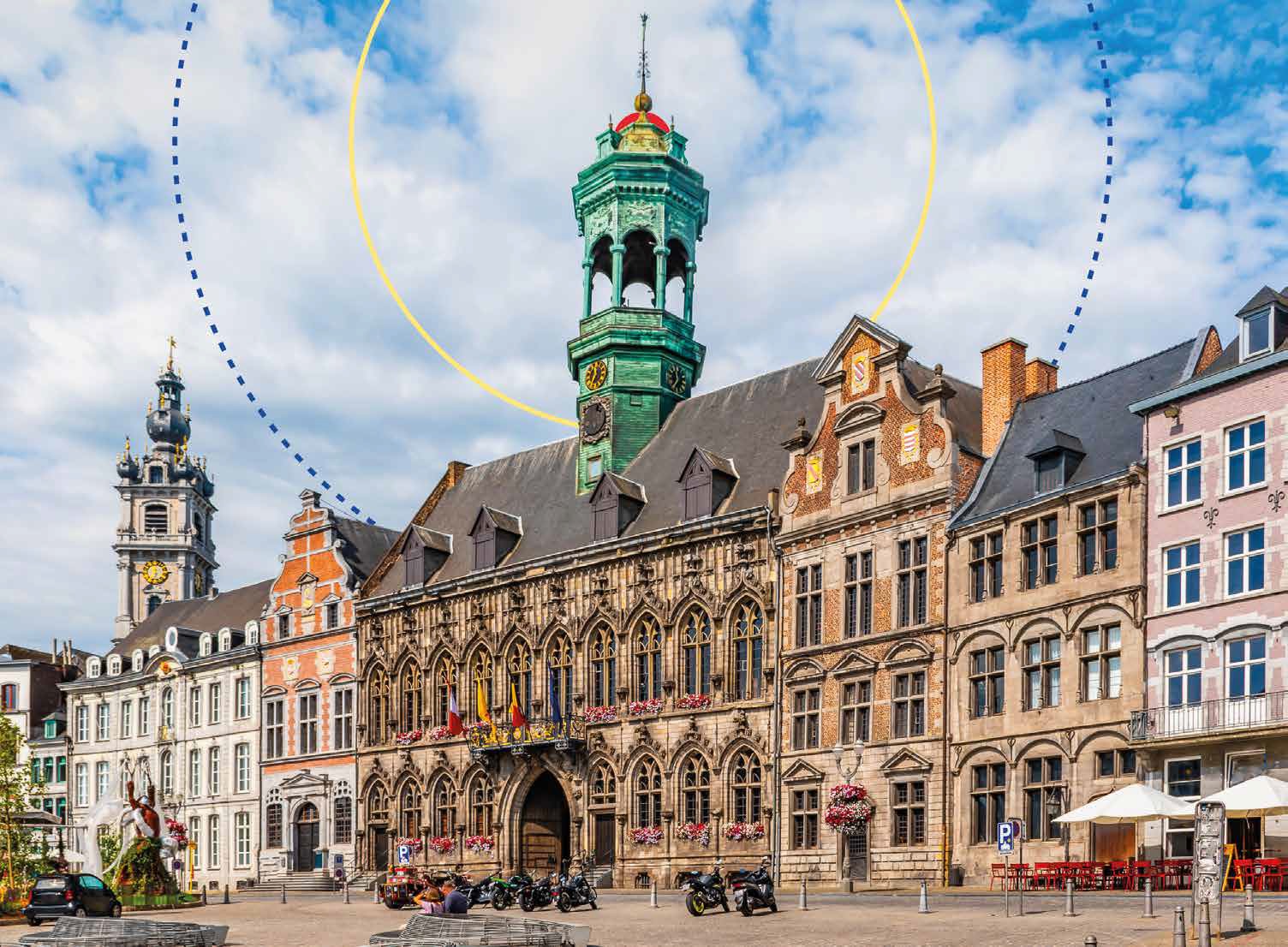
ESIF Study on the contribution of tourism to local and regional development
- 24/04/2020
The study on the contribution to regional/local development of tourism related projects co-financed by the European Structural and Investment Funds (ESIF) 2012-2018 was conducted by ECORYS for the European Commission in the period December 2018-January 2020. NECSTouR and two members were involved in gathering information and good practices.
You can read the complete study here or download the 15-page illustrated brochure for a summary.
NECSTouR involvement in the study
NECSTouR Permanent Secretariat was one of the five "influential organisations" consulted and also participated in several ESIF workshops.
Out of the 40 presented in the study, two practical cases from members were presented and brought by NECSTouR.
- The Hospitality Table in the Cornwall Region led by employers from the Cornish Hospitality sector to create initiatives that increase recruitment, raise aspirations for quality careers and develop industry-relevant learning pathways to improve skills, productivity and quality.
- The University of Maribor (Slovenia) brought the task to renew the digital content of the Visit Ljubljana website and implement an advertising campaign as well as other digital promotion activities on the main social networks.
Evidence from the European Structural and Investment Funds 2012-2018
The study was commissioned to address the information gap by mapping the projects in tourism co-funded by ESIF between 2014 to 2018, providing evidence on the range of contributions made by the tourism sector in support to the objectives and main priorities of the Cohesion Policy.
From 2014 to 2020, almost 10 billions euros have been used from the ESIF for tourism-related activities (through funds like ERDF, ESF, CF...). A wide variety of tourism related activities have been supported by the EU, including infrastructure development, cultural heritage, education, awareness raising activities, marketing and research.
There are a number of aspects of tourism activities that can effectively contribute to the Cohesion Policy objectives :
- Increasing local returns through innovative business models.
- Developing integrated approaches towards multi-regional strategic cooperation.
- Establishing a framework for long-term sustainable investments.
- Incorporating sustainability (economic, social, and environmental) in tourism models.
KEY MESSAGE: The tourism sector in the European Union makes a significant direct and indirect positive contribution to EU economic growth, job creation and safeguarding, and SME activities. Although it is resilient, the sector faces shared EU-wide challenges, including the need to ensure sustainability and digital transformation.
2021-2027 recommendations
In order to address the challenges and harness the potential of the tourism sector’s transversal nature through EU-supported projects for the next programming period (2021-2027), the following considerations need to be taken into account:
- tourism related projects should support green and digital transition;
- the spill-over effects of tourism into other sectors should be considered in the generation of future projects;
- the capacity of the tourism sector to support various policy objectives should be reflected in Cohesion Policy, EMFF and EAFRD policy and programme design for the 2021-2027 period;
- countries and regions should integrate tourism into broader national/regional or territorial cooperation strategies, including Smart Specialisation Strategies where relevant;
- the opportunities for transnational, interregional, and cross-border cooperation in the tourism sector should be maintained.
Once again: you can read the complete study here or download the 15-page illustrated brochure for a summary.